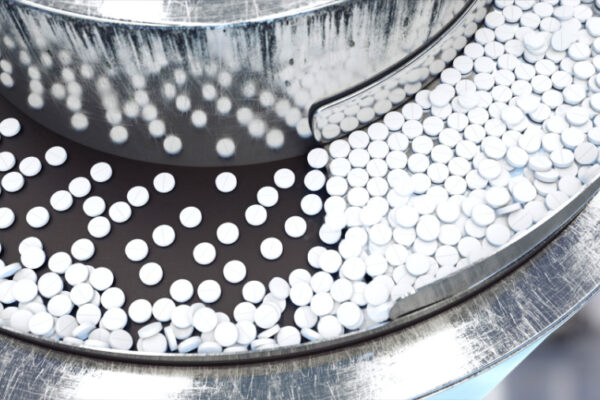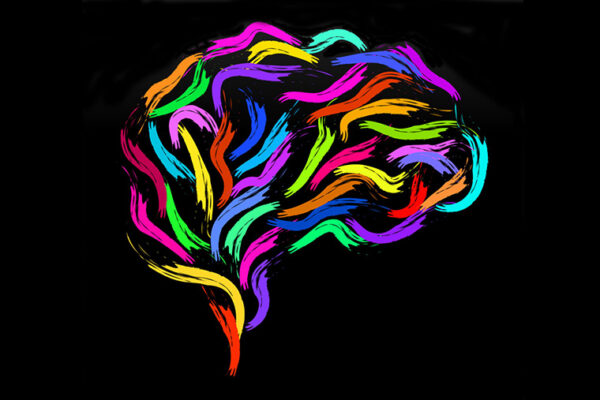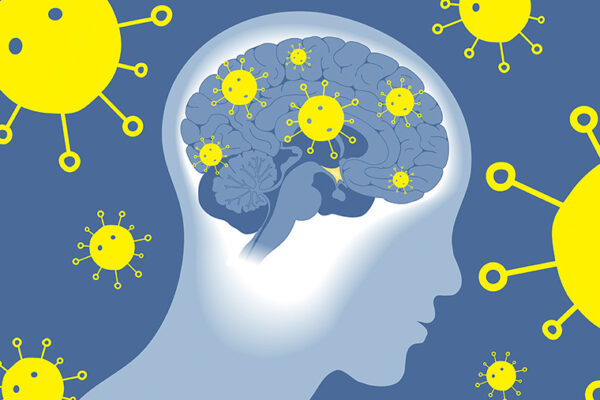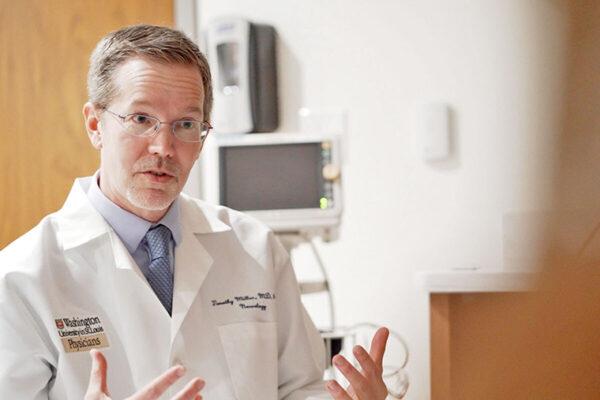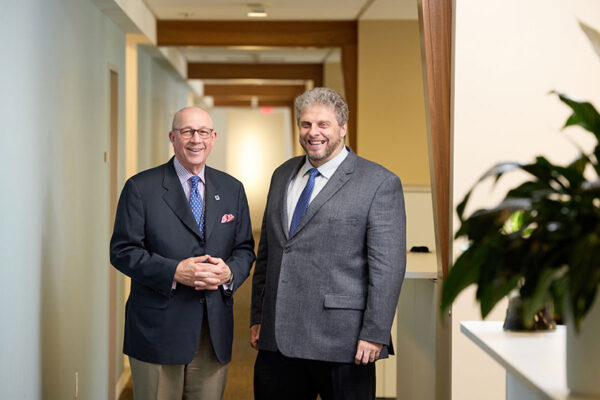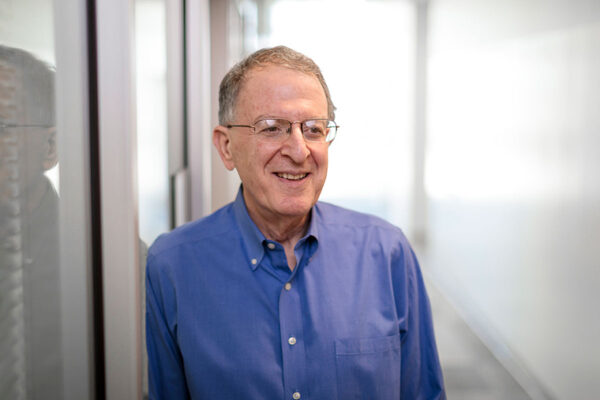US has capacity to make essential drugs, study finds
The White House has sounded the alarm about vulnerabilities in the pharmaceutical supply chain. But new research from the Center for Analytics and Business Insights at Olin Business School found that the U.S. actually has the capacity to make the nation’s most essential and critical drugs — yet it’s mostly sitting idle.
Hidden microbiome fortifies animals, plants too
Pioneering research at Washington University helped people understand the fundamental role of gut microbes in human health and disease. Now a community of local scientists is learning more about the diverse microbial systems that support animals, plants and ecosystems.
Oyen and team receive funding to study placental function
An award from Wellcome Leap will support Michelle Oyen’s study of fetal growth restriction during gestational development. The program aims to reduce stillbirth rates by half.
School of Medicine joins major NIH brain mapping effort
Scientists at Washington University School of Medicine are joining a national network, supported by the National Institutes of Health (NIH) to map the intricacies of the brain, with a goal of deepening knowledge of how the brain works and generating new insights into how the brain functions in healthy people — and how it malfunctions in Alzheimer’s, schizophrenia, autism and numerous other conditions.
COVID-19 infections increase risk of long-term brain problems
A comprehensive analysis of federal data by researchers at Washington University School of Medicine shows people who have had COVID-19 are at an elevated risk of developing neurological conditions within the first year after infection.
How neighborhoods can protect — or harm — older adults’ cognitive health
People who lived in neighborhoods with ready access to civic and social organizations displayed higher cognitive scores than those who lived in neighborhoods with no immediate access to such organizations, finds a new study by researchers at Washington University in St. Louis and University of Michigan.
Investigational drug for genetic form of ALS improves disease’s molecular signs
An international phase 3 clinical trial for a drug developed to treat a rare, inherited form of amyotrophic lateral sclerosis (ALS) showed that it reduced molecular signs of the fatal disease, but at six months did not improve motor control and muscle strength, according to Washington University School of Medicine researchers.
WashU researchers observe cancer-like nucleoli in healthy cells
A discovery in the lab of Amit Pathak at the McKelvey School of Engineering connects mechanobiology to nuclear condensates in healthy cells.
Siteman, University of Missouri to collaborate on cancer research, with aim to improve care
Siteman Cancer Center and the University of Missouri will collaborate on cancer research, with the aim to improve care throughout Missouri.
Gordon honored by National Academy of Medicine
Washington University School of Medicine’s Jeffrey Gordon, MD, has received the inaugural David and Beatrix Hamburg Award for Advances in Biomedical Research and Clinical Medicine from the National Academy of Medicine. Gordon is regarded as the father of the field of microbiome research.
Older Stories
